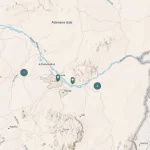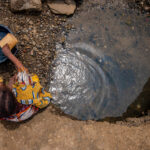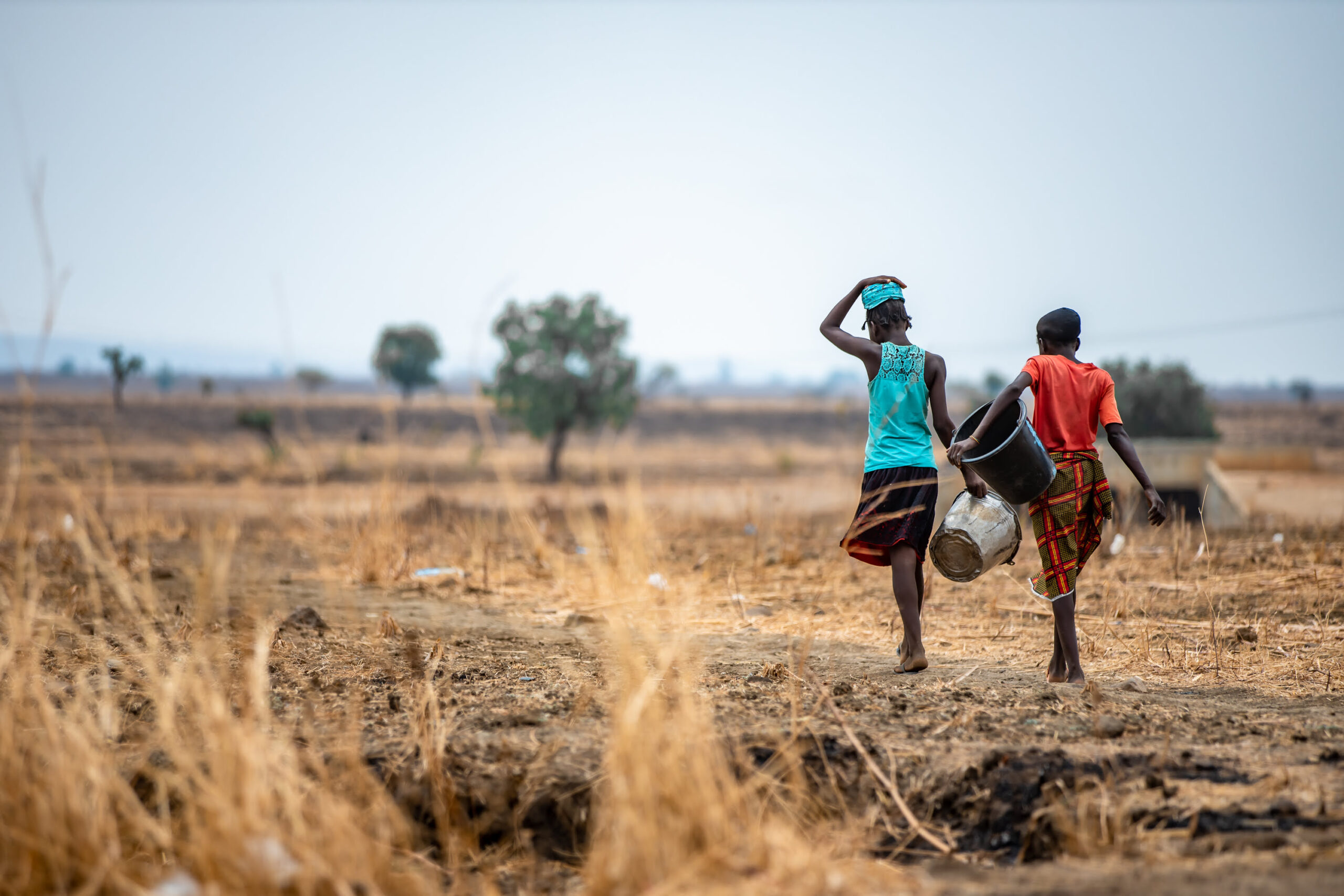A Time for Change
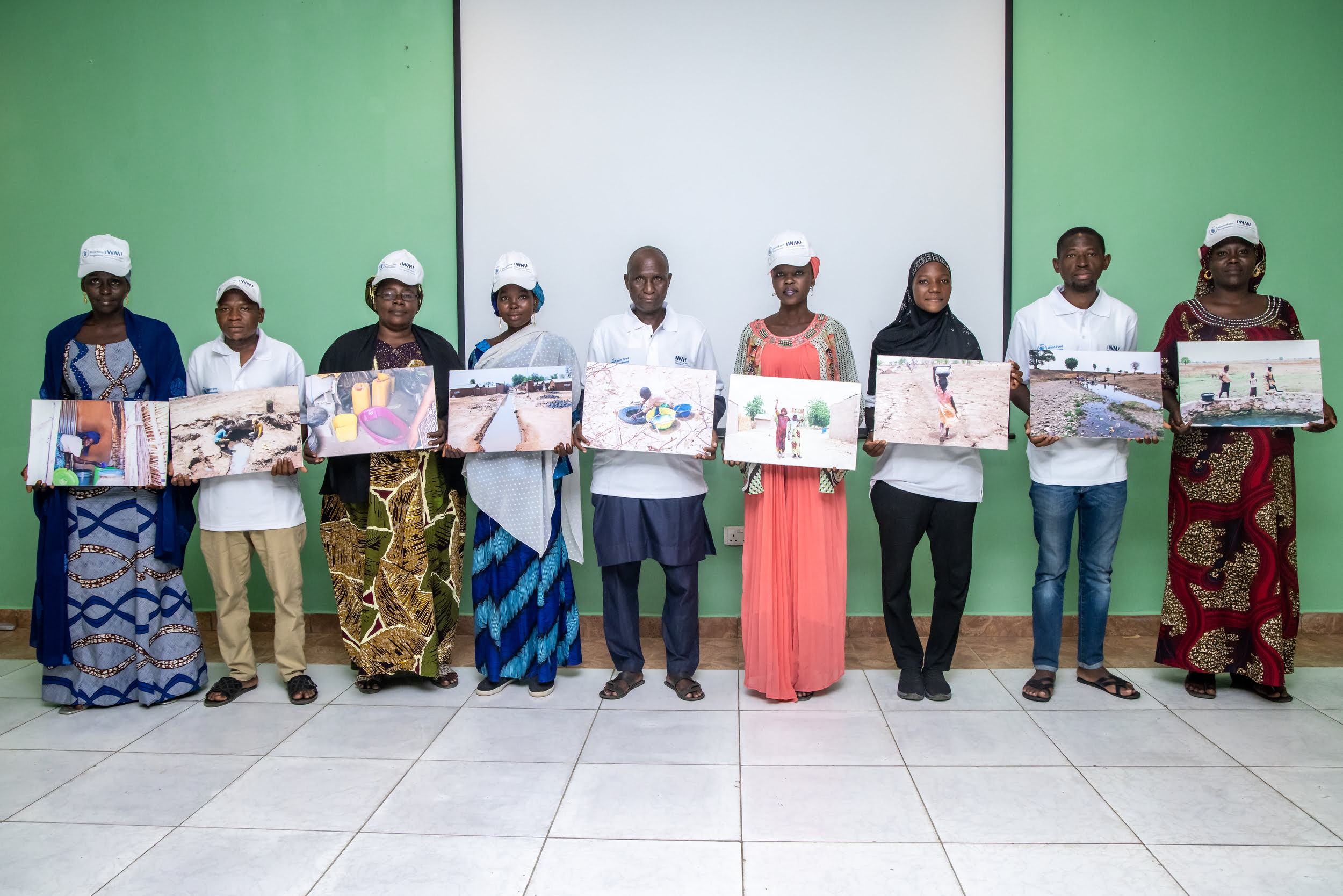
Photo Credit: ©Dinovate/Joe Bala for IWMI
With the support of IWMI, under the CGIAR Fragility, Conflict and Migration Initiative, WFP and Norad, these communities are beginning to turn the tide. But more needs to be done. Clean water should not be a distant dream — it should be a reality for every person, in every community.
By working on and supporting initiatives that provide clean water and sustainable solutions, we can help these communities not just survive but thrive.
Join IWMI in the mission to ensure a water secure world and provide water solutions for sustainable, climate-resilient development.
This story is not just about water; it’s about life, resilience and the human spirit’s ability to endure. It’s a call to action for all of us to come together and ensure that no one has to fight for the most basic of needs. Together, we can make a difference.
Get to know the community participants from the IWMI Photovoice project in more depth by reading their stories using the links below…
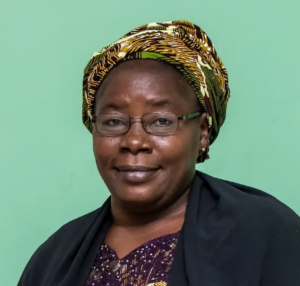
 Rahab, a 45-year-old mother of five, lives with her family and three relatives. She raises poultry and sells palm oil. Since 2014, her life has been a nightmare due to the Boko Haram insurgency. Displaced from their home, Rahab’s family now struggles with severe water scarcity in their new community. The once adequate water infrastructure has been overwhelmed by the influx of Internally Displaced Persons (IDPs), leading to conflict and the destruction of water resources.
Rahab, a 45-year-old mother of five, lives with her family and three relatives. She raises poultry and sells palm oil. Since 2014, her life has been a nightmare due to the Boko Haram insurgency. Displaced from their home, Rahab’s family now struggles with severe water scarcity in their new community. The once adequate water infrastructure has been overwhelmed by the influx of Internally Displaced Persons (IDPs), leading to conflict and the destruction of water resources.
Rahab and her neighbors have devised coping strategies, such as digging shallow ponds in dried streams for water. These ponds yield unclean water, but it’s their only option. Some households travel up to 2.5 kilometers to fetch this water, which is shared with their animals. Occasionally, they receive help from those with electricity-powered boreholes, but power outages often leave them without access to this resource.
Rahab reflects on the impact this has had on their children’s wellbeing, education, and daily lives. She longs for a return to their homeland, where, despite not having much, they had access to protected wells and family support. Rahab says, "I wish we could turn back time. Water is life; it’s everything."
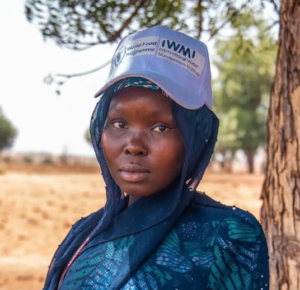

Hauwa, 25, has lived in the Malkohi IDP camp since her family fled conflict. A petty trader, Hauwa highlights the dire water situation in the camp, with makeshift wells often providing contaminated water. This affects her health and hygiene practices, leading to frequent illnesses.
Hauwa’s education was cut short due to the need to fetch water and lack of school facilities. She calls for collective efforts from governments and organizations to address the water crisis and support displaced populations like hers. The lack of clean water has severely impacted her mental health and well-being.
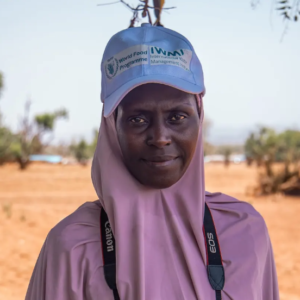

Aisha, 34, lives in the Malkohi IDP camp with her family. A petty trader selling spices, Aisha recounts the initial joy of having UN-provided boreholes, which quickly turned to frustration due to erratic power supply. The community often travels to distant handpump boreholes or digs shallow ponds for water, leading to conflicts with local Fulanis.
Children frequently miss school, and girls struggle with inadequate menstrual hygiene due to water scarcity. Aisha, an educated woman, now uses social media to advocate for water solutions. She hopes for solar-powered boreholes to provide a steady water supply.
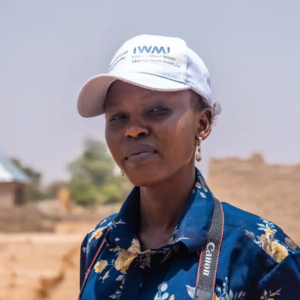

Racheal, 33, lives with her husband, two daughters, and five relatives. She sells water and raises chickens. Although she installed an electricity-powered borehole at home, frequent power outages have severely impacted her ability to provide clean water, both for her family and for sale.
Racheal faces significant medical expenses due to her children drinking contaminated water when she’s out working. She avoids storing water in containers because her children often contaminate it while playing. Instead, she buys water from vendors at about $1.50 for 240 liters.
Racheal desires a stable electricity supply to expand her water business and ensure her children can drink clean water directly from the taps. She recalls childhood struggles, including the loss of a friend who fell into a well and children being raped at fetching points. Racheal’s borehole was meant to ease these struggles, but without reliable power, the problem persists.
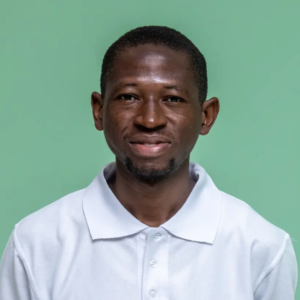

Japhet, 37, is a peasant farmer living with his wife, two sons, and two relatives. Farming is their sole livelihood in a conflict-affected village. Japhet has not had clean water in his community for a long time, and many children have never seen clear, safe water.
Fetching water requires long treks to shallow ponds and muddy streams, used for drinking, laundry, and other needs, despite contamination from pesticides, animal waste, and detergents. High child mortality due to diarrheal diseases and poor school attendance are major issues. Japhet wishes for irrigation to improve farming yields and a safe water supply for his community. He calls for assistance in telling their stories and advocating for water resources.
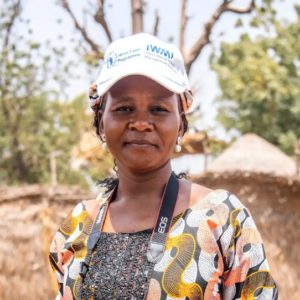

Tabitha, 36, lives with her husband, two children, and six relatives in a mountainous region. She is a teacher and petty trader. Water is scarce, especially during the dry season. The community relies on a small river and traditional shallow wells for water, often contaminated.
Tabitha’s students, especially girls, suffer from the lack of water and sanitation facilities. Many girls miss school during menstruation due to inadequate hygiene facilities. The school lacks water, and latecomers are sent to fetch water from a neighboring community, impacting their education.
Tabitha highlights the challenges faced by new mothers who cannot fetch water and must rely on others. She wishes for water as a basic human right and pleads for help from prominent community members.
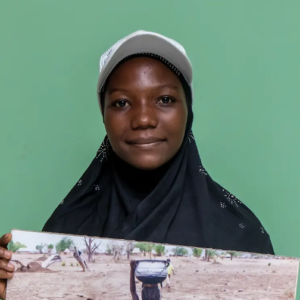

Halimatu, 18, lives with her family in Dumna-Zerbu while pursuing a diploma. Water scarcity severely affects her education, health, and daily life. She faces punishment for being late to school after multiple trips to fetch water.
Halima has narrowly escaped being raped on her way to fetch water and suffers from exhaustion and poor health due to contaminated water. She dreams of becoming a medical doctor or working for the United Nations to help her community.
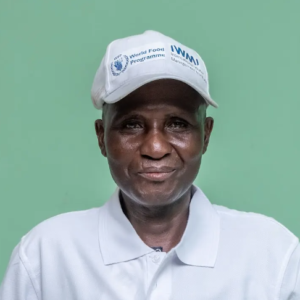

John, 51, is a father of six and the chairman of the IDPs, responsible for many orphans. A civil servant, he lives in a community relying on wells and shallow ponds for water. The lack of water distracts children from their education, the only hope for a better future.
John highlights the health and sanitation issues due to water scarcity and climate change impacts. Neighbors with wells no longer share water, and those with boreholes struggle with power supply and fuel costs. John appeals for solar boreholes to alleviate their plight.
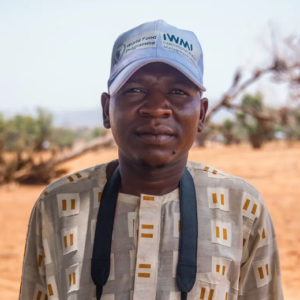

Abubakar, 27, runs a phone charging store due to unreliable electricity in his area. Married with a one-year-old child, he lives with seven siblings. The lack of water infrastructure forces him to fetch water early in the morning, often leading to conflicts at fetching points.
Stagnant water from poor drainage systems breeds mosquitoes and spreads diseases. Many children do not attend school, and those who do are often late due to water-fetching duties. Abubakar dreams of having tap water in every household to ease their daily struggles and improve their living conditions.
This work was supported by the Norwegian Agency for Development Cooperation (Norad) under the project titled, “Learning Support for a Sub-Saharan Africa Multi-Country Climate Resilience Program for Food Security”, and by the donors who fund the CGIAR Research Initiative on Fragility, Conflict and Migration (FCM), through their contributions to the CGIAR Trust Fund.

